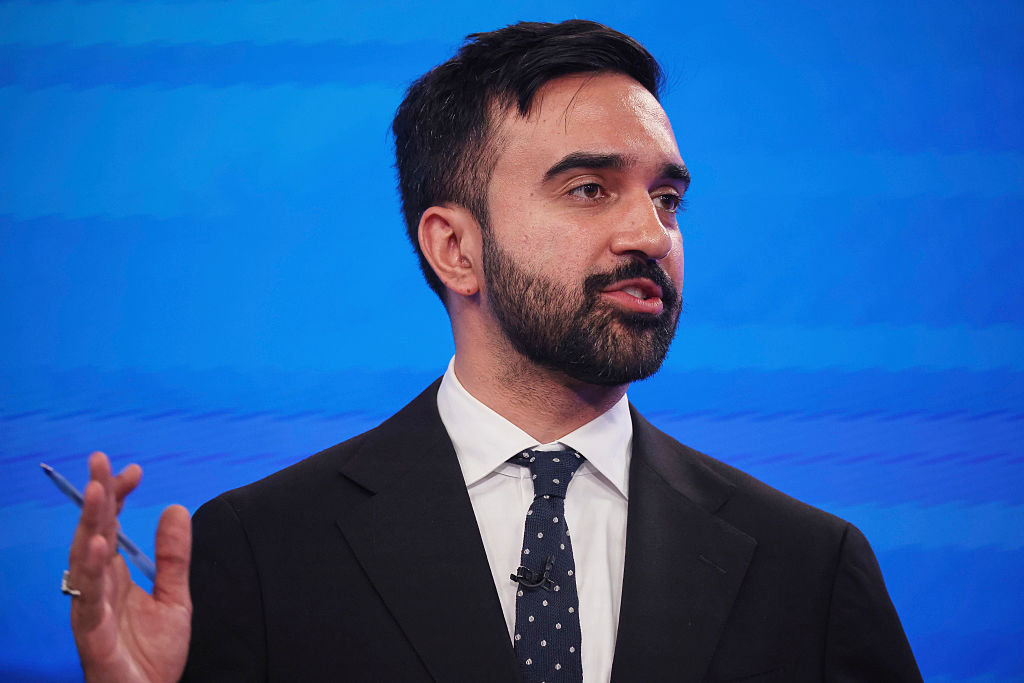Sheriff Starved Inmates and Grew Richer in the Process
Meanwhile, Calls for Prison Reform Grow Louder
Thursday’s New York Times reported about a sheriff in Alabama, Greg Bartlett, who took advantage of a century-old Alabama law that allows lawmen to skimp on prisoners’ meals and pocket the saved money. Bartlett made an extra $212,000 over the past three years by doing so, while his inmates lost weight at an alarming clip. But his jail was already under a federal consent decree requiring Bartlett to provide for the proper care of his inmates. So, on Wednesday, a federal judge ordered Bartlett locked up for a night so that Bartlett could ponder how to provide reasonable sustenance for his inmates.
The Times story quoted Bobby Timmons, head of the Alabama Sheriff’s Association, who said: “You’re never going to satisfy any incarcerated individual.” Besides, Mr. Timmons said, “an inmate is not in jail for singing too loud in choir on Sunday.”
But while people don’t go to jail for singing too loud in choir, the story quotes one inmate who had lost 15 pounds since being jailed in October and was imprisoned for selling marijuana. In fact, an extraordinary number of Americans are incarcerated for non-violent drug offenses. As Casey noted earlier this week, Obama’s website promises to revisit the nation’s drug laws. And Virginia Senator Jim Webb has promised to make prison reform a priority in the new Congress. As it stands, about 2.3 million Americans are behind bars, making the US by far the largest jailer in the world, with nearly a quarter of the world’s inmates. Only one country, Russia, rivals the US prison population on a per capita basis. And Russia, under the dictator Vladimir Putin, has carried out a series of prison amnesties over the past decade, allowing it to drop well behind the US in that category.
According to a recent Washington Post profile, “Webb (D-Va.) plans to introduce legislation on a long-standing passion of his: reforming the U.S. prison system. Jails teem with young black men who later struggle to rejoin society, he says. Drug addicts and the mentally ill take up cells that would be better used for violent criminals. And politicians have failed to address this costly problem for fear of being labeled ‘soft on crime.'”
The story also notes that:
“Webb aims much of his criticism at enforcement efforts that he says too often target low-level drug offenders and parole violators, rather than those who perpetrate violence, such as gang members. He also blames policies that strip felons of citizenship rights and can hinder their chances of finding a job after release. He says he believes society can be made safer while making the system more humane and cost-effective.”
And it’s not just Webb who is raising concerns about this issue. This past week, several current and former Chief Justices of State Supreme Courts wrote a letter to Obama calling for an overhaul of sentencing guidelines and greater scrutiny of racial disparities in imprisonment. There are very few credible law enforcement officials left who believe that the current incarceration levels in America are keeping us safe. But Politicians’ fear of being labeled soft-on-crime, a senseless and ineffective “war on drugs,” inertia and special interests with a financial stake in the prison-industrial complex are sustaining counter-productive policies.
For an in-depth analysis of the war on drugs and its relationship to our burgeoning prison system, here’s a report courtesy of The Sentencing Project, a prison reform advocacy organization.















